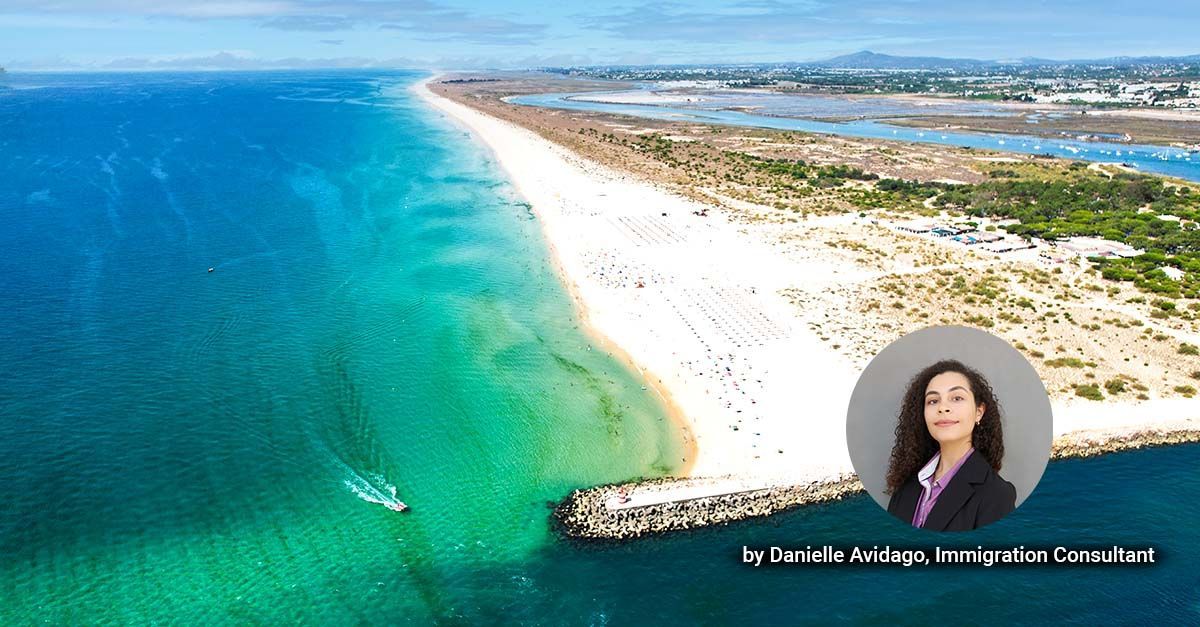Almost 50% of the Portuguese Population Vaccinated
The Portuguese Vaccination Task Force made an enormous effort to accelerate the vaccination process in the past few weeks, hitting new records.
The Vaccination Report published on the 21st July by the Ministry of Health shows that 47% of the population if now fully vaccinated and 64% received at least the first dose.
11.4 million vaccines have been administered in the country, where the Alentejo region continues to be the area with the most people vaccinated, followed by Center of Portugal (66%) and North (65%).
At the moment citizens older than 23 years old can schedule their appointment at the vaccination centres and people older than 35 years old, who have not received their first dose yet, can walk in to the vaccination “open houses” without prior appointment.
If you need more information about registering with the Portuguese National Health Service (SNS), do not hesitate to
contact us.
© COPYRIGHT 2023 LVP ADVOGADOS, ALL RIGHTS RESERVED PRIVACY TERMS & CONDITIONS LEGAL STATEMENTS











